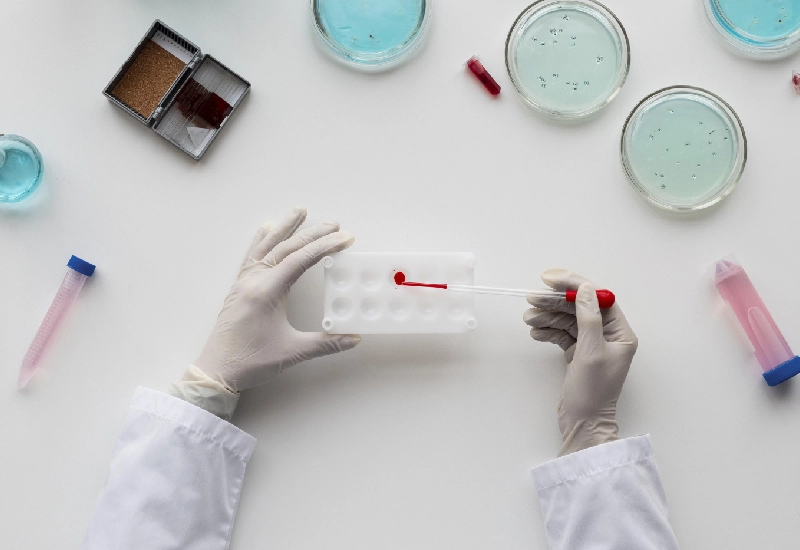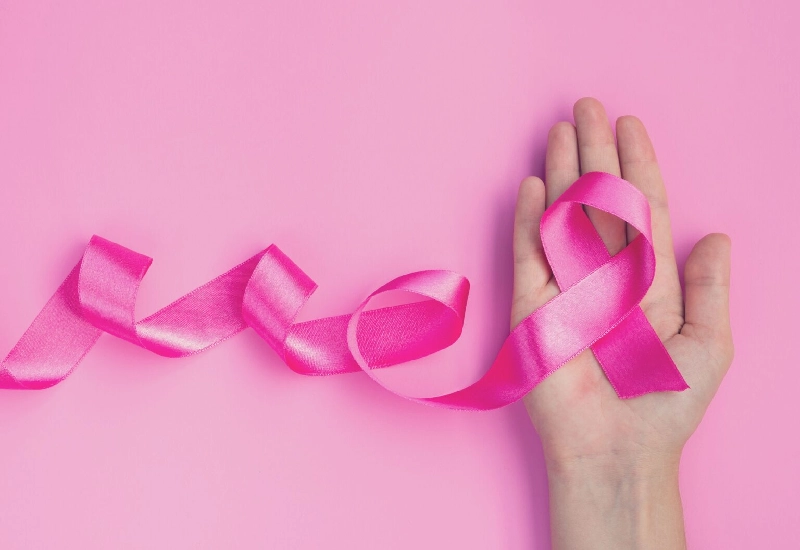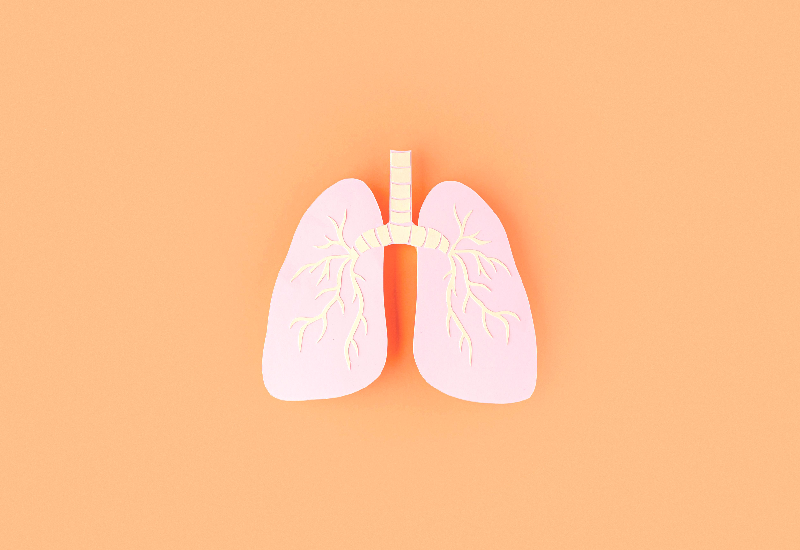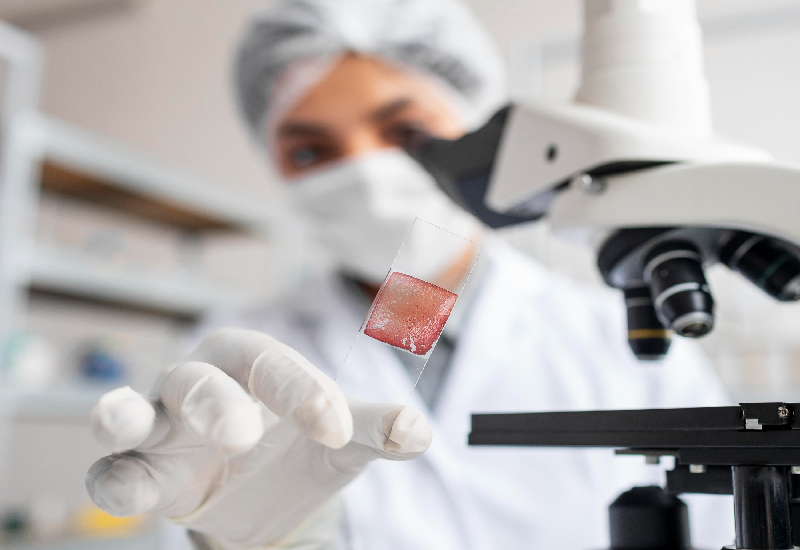Our innovative circulating tumor cell (CTC) tests using liquid biopsies are simple blood tests that provide crucial information on the movement of tumor cells to detect, manage, and treat cancer.
Traditional biopsies require tissue extraction, but our liquid biopsy tests are a minimally invasive approach to gaining critical insights into the nature of your cancer. Discover how each of these tests can empower clinicians to make informed decisions about treatment strategies and prognosis.
We’ve compiled a comparison of all our CTC tests. This comparison outlines the purpose of each test, whether it’s for comprehensive profiling, setting a baseline for specific cancers, or tracking treatment response. Let’s get into the comparison!
| Oncotrace | Oncotrail | Oncocount | |
| Test description | Provides a comprehensive picture of your cancer, including CTC count, markers associated with different cancer types (phenotype), and potential for recurrence (stemness markers).
It is ideal for understanding overall cancer progression and prognosis. |
If you have a confirmed diagnosis of a specific cancer type, Oncotrail can establish a baseline of your cancer status at the beginning of treatment.
It focuses on markers relevant to your particular cancer. |
This test simply checks for the presence and concentration of CTCs in your blood.
It’s useful for monitoring treatment effectiveness and can be part of an interim analysis strategy. |
| Typical turnaround time | 7-10 days after sample is received | 7-10 days after sample is received | 7-10 days after sample is received |
| Sample type & size | 7–10 ml peripheral whole blood | 7–10 ml peripheral whole blood | 7–10 ml peripheral
whole blood |
| Technology | Flow Cytometry | Flow Cytometry | Flow Cytometry |
| Cancer type | All types of cancer (except brain and CNS cancers) | For Breast, Colon, GI, Melanoma, Lung, Sarcoma, & Prostate cancer | All types of cancer (except brain and CNS cancers) |
While the circulating tumor cells tests primarily focus on circulating tumor cells, our Onconomics Panel goes further by examining the genetic and physiological characteristics of cancer and its response to various treatments. This comprehensive set of tests is helpful in devising personalized treatment plans for cancer.
The Onconomics panel of tests analyzes cancer cells on a molecular level and provides actionable insights for:
- Identifying the most effective chemotherapeutic drugs that work best for each specific cancer
- Natural substances and treatments that are the most effective against cancer
- Gain crucial information on cancer’s genetic makeup and its functional characteristics.
Use the power of Onconomics Panels to create a treatment strategy precisely tailored to each patient’s unique cancer.
| Onconomics Plus | Onconomics | Onconomics Extracts+ | Onconomics Extracts | |
| Test description | Our most comprehensive treatment testing tool provides information to help build cancer treatment protocols for patients. | A subset of the Onconomics Plus panel. Can be used to assess the effectiveness of specific cancer drugs and targeted therapies. | Provides highly detailed information about how effective specific natural substances and plant extracts are against your cancer. | A subset of the Onconomics Extracts+ panel. Answers the question, “Which natural substances are most effective for targeting your cancer?” |
| It is a combination of the Onconomics and the Onconomic Extracts tests. | Also informs on the gene expression of your cancer cells. | Also informs on the gene expression of your cancer cells. | ||
| Information provided | Circulating tumor cell (CTC) count | Circulating tumor cell (CTC) count | Circulating tumor cell (CTC) count | Circulating tumor cell (CTC) count |
| Gene expression of your cancer cells
Effectiveness of 90+ chemotherapeutic agents and targeted therapies on your cancer cells Effectiveness of 50+ natural substances on your cancer cells |
Gene expression of your cancer cells
Effectiveness of 90+ chemotherapeutic agents and targeted therapies on your cancer cells |
Gene expression of your cancer cells
Effectiveness of 50+ natural substances and plant extracts on your cancer cells |
Effectiveness of 50+ natural substances on your cancer cells
|
|
| Cancer type
|
All types of cancer (except brain and CNS cancers)
|
All types of cancer (except brain and CNS cancers)
|
All types of cancer (except brain and CNS cancers)
|
All types of cancer (except brain and CNS cancers)
|
| Technology
|
Flow Cytometry (FACS)
Molecular biology-based assays (qPCR-microarrays) Cell Cultures (3D) |
Flow Cytometry(FACS)
Molecular biology-based assays (qPCR-microarrays) Cell Cultures (3D)
|
Flow Cytometry (FACS)
Molecular biology-based assays (qPCR-microarrays) Cell Cultures (3D)
|
Flow Cytometry (FACS)
Molecular biology-based assays (qPCR- microarrays) Cell Cultures (3D)
|
| Sample size
|
15-25 ml peripheral whole blood.
Tissue sample quantity: minimum 400mg.
|
15-25 ml peripheral whole blood.
Tissue sample quantity: minimum 400mg.
|
15-25 ml peripheral whole blood.
Tissue sample quantity: minimum 400mg.
|
15-25 ml peripheral whole blood.
Tissue sample quantity: minimum 400mg.
|
| Sample type
|
Blood sample.
A tissue sample is required for tumors of the central nervous system.
|
Blood sample.
A tissue sample is required for tumors of the central nervous system.
|
Blood sample.
A tissue sample is required for tumors of the central nervous system.
|
Blood sample.
A tissue sample is required for tumors of the central nervous system.
|
| Typical turnaround time
|
7-10 days after sample is
received
|
7-10 days after sample is
received
|
7-10 days after sample is received
|
7-10 days after sample is received
|








